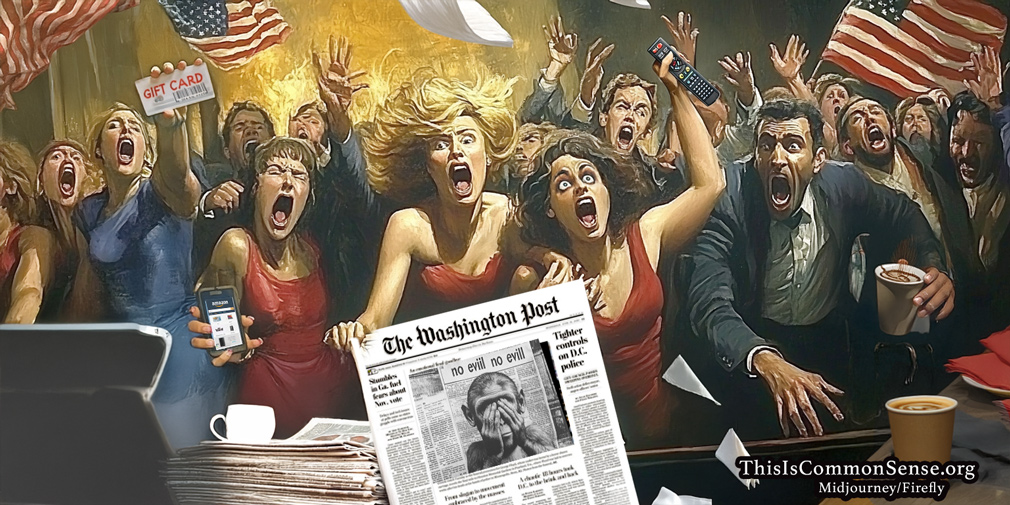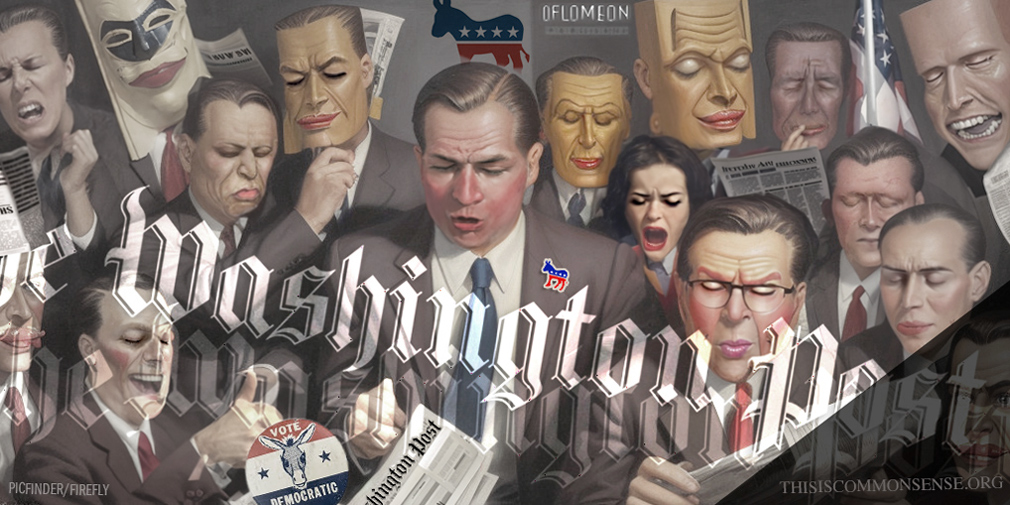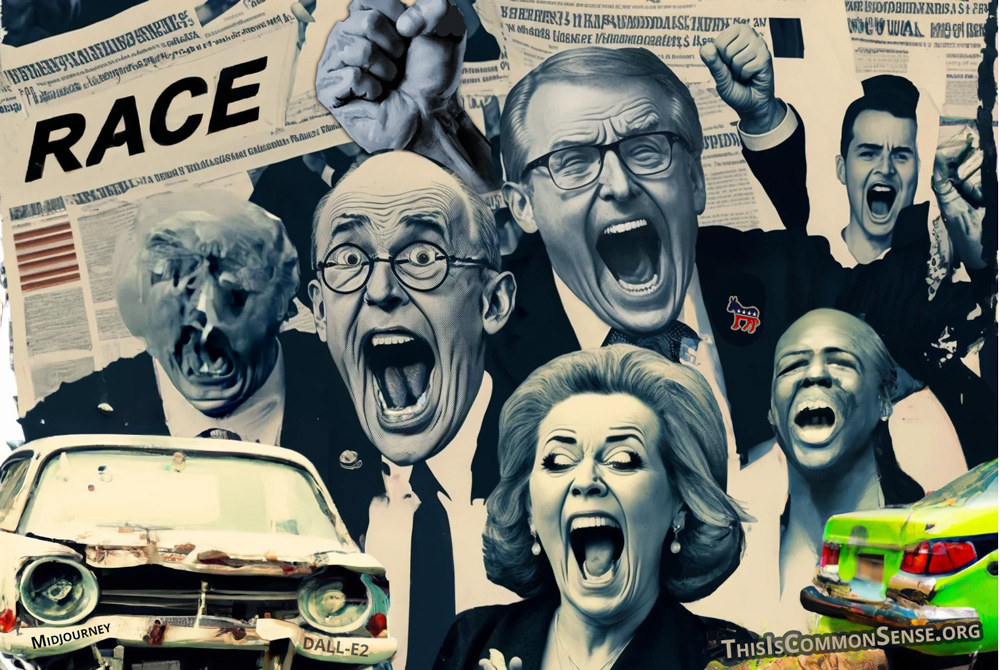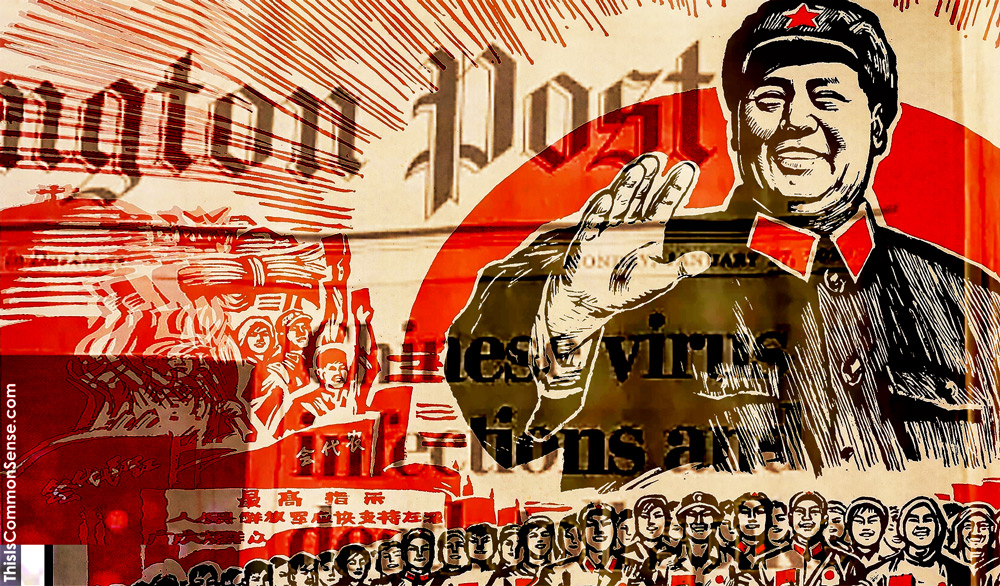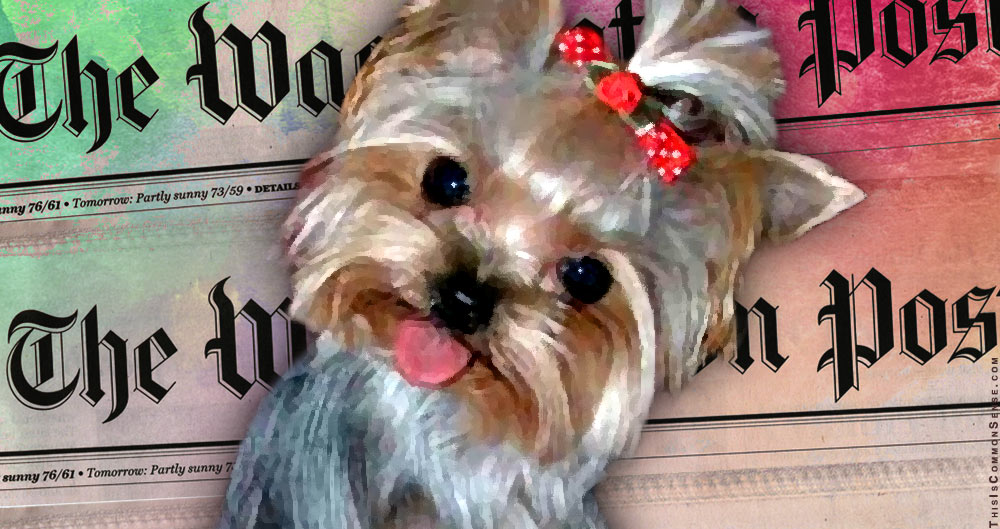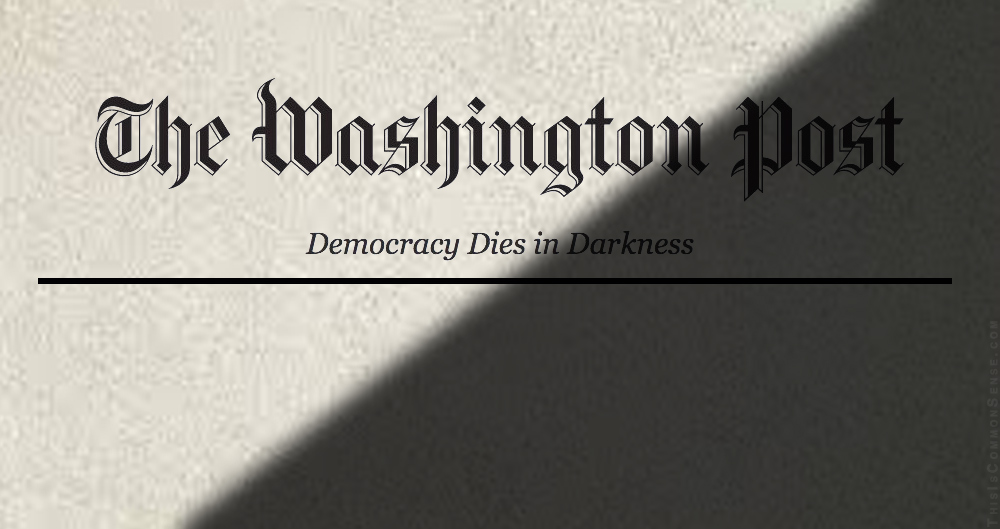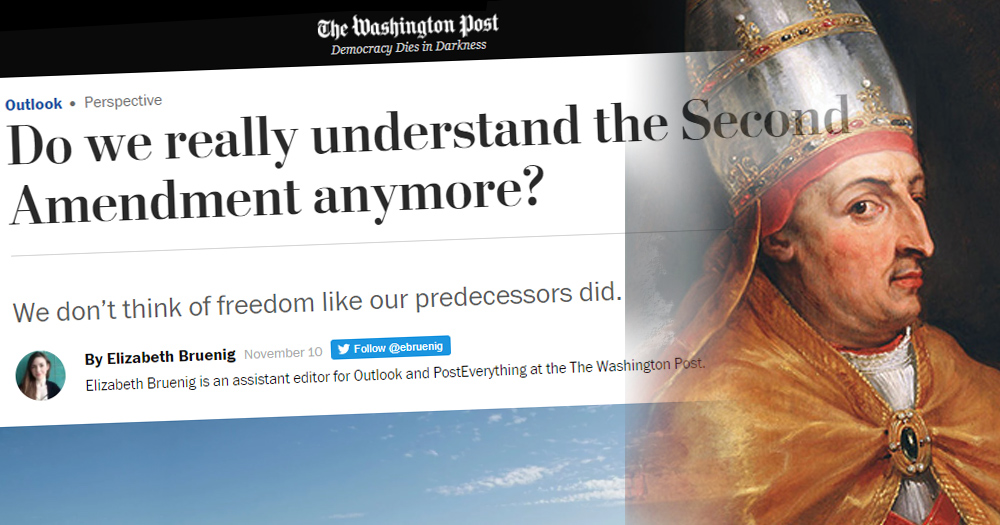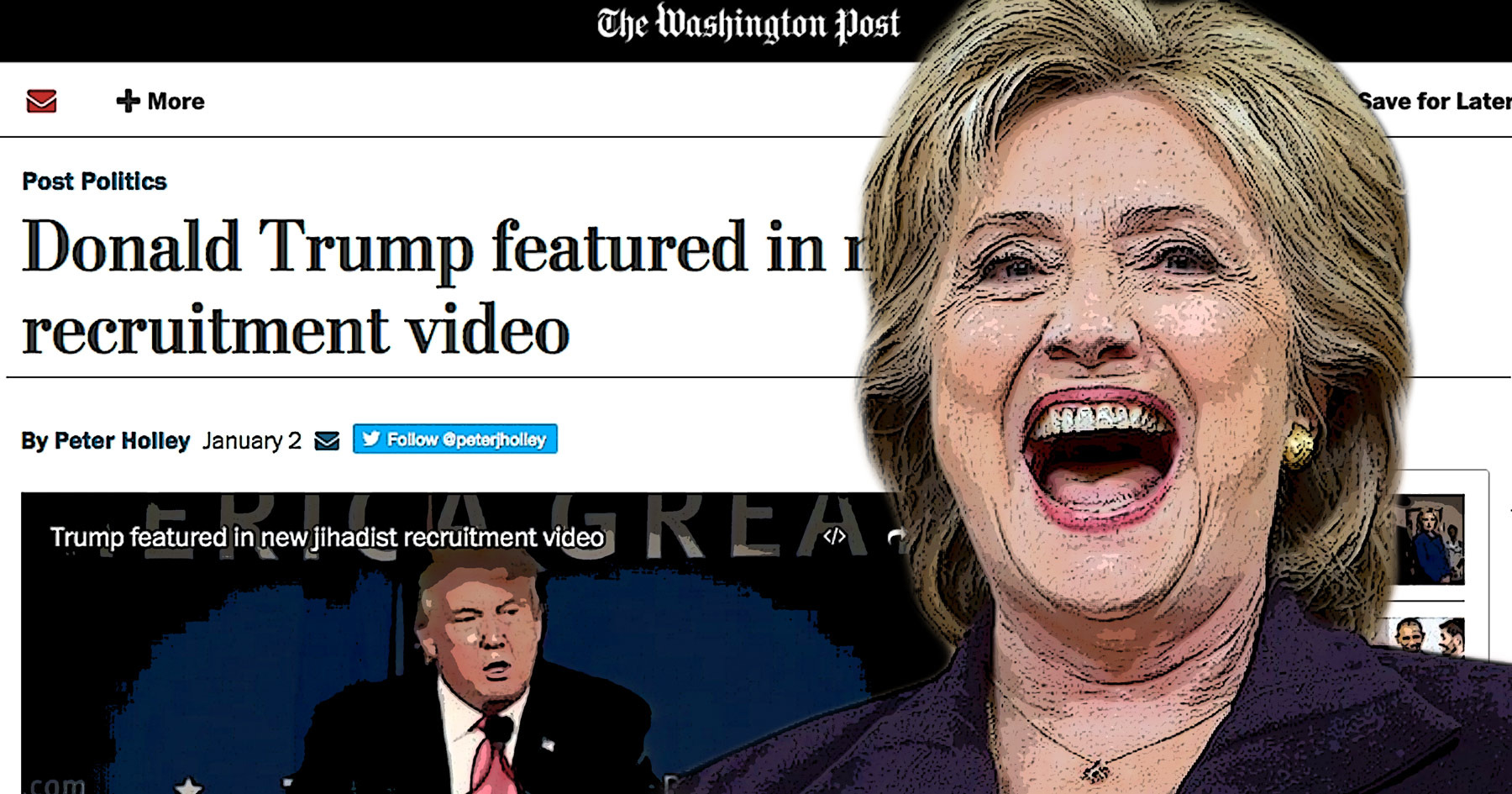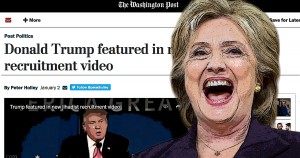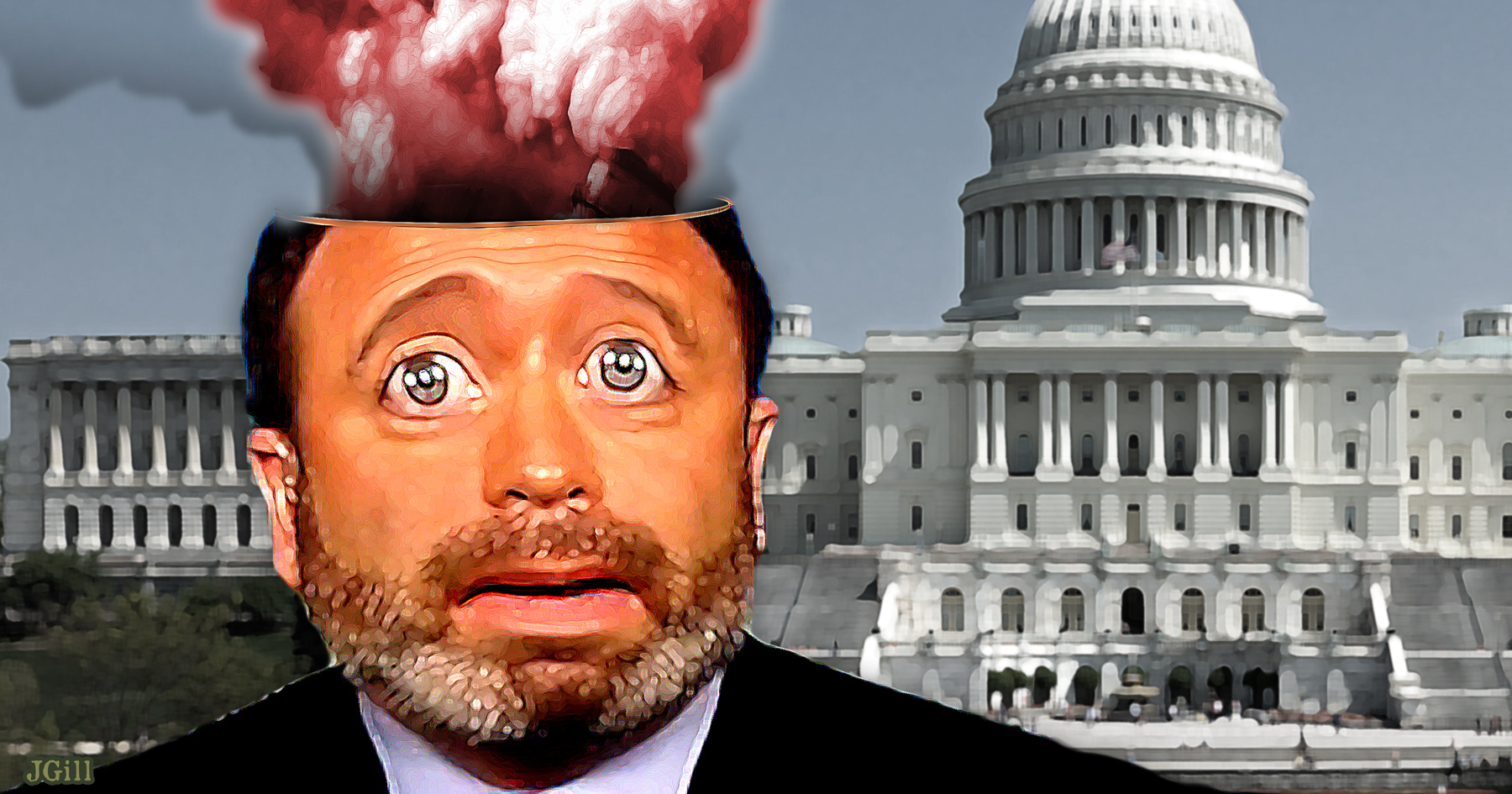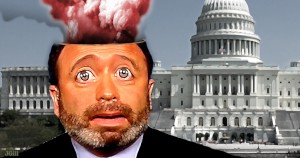The Washington Post joined The Los Angeles Times, last week, in not making an editorial page endorsement for president — the first pass for The Post in 36 years; in two decades for The Times.
“Recent episodes involving major U.S. news organizations have stoked fears that outlets are preemptively self-censoring coverage that could offend former President Donald Trump,” National Public Radio began its report.
“Two Billionaires, Two Newspapers, Two Acts of Self-Sabotage,” headlined Nancy Gibbs’ New York Times essay, which bemoaned that “one more bulwark against autocracy erodes.”
Are these billionaires — Amazon founder and Post owner Jeff Bezos and LA Times owner Patrick Soon-Shiong, the American and South African businessman and transplant surgeon — really shaking in their expensive boots about possible political retaliation from a future Trump presidency?
Hardly.
Do they really think so — the folks hyping that media’s now caving under authoritarian pressure?
Real journalist Glenn Greenwald noted that Joan Walsh (@joanwalsh), his former colleague at Salon, writing now for The Nation, tweeted “I just canceled my subscription to @washingtonpost. You should too.”
Deano (@dshav2), an art director, graphic designer and dad from Minnesota, offered, “A more effective protest would be for everyone to stop shopping on Amazon.”
“Much harder,” responded Ms. Walsh, “but considering.…”
“So, in other words,” Greenwald mockingly summed up on his podcast, System Update, “‘Look, I want to do everything possible to stop fascism and the new Adolf Hitler from taking power, so I’ll cancel my Washington Post subscription’ and then when someone said to her, ‘Hey maybe you should also boycott Amazon,’ she’s like, “I’m not going to miss my shows on Amazon Prime!”
Having principles is hard.
This is Common Sense. I’m Paul Jacob.
Illustration created with Midjourney and Firefly
See all recent commentary
(simplified and organized)
See recent popular posts
